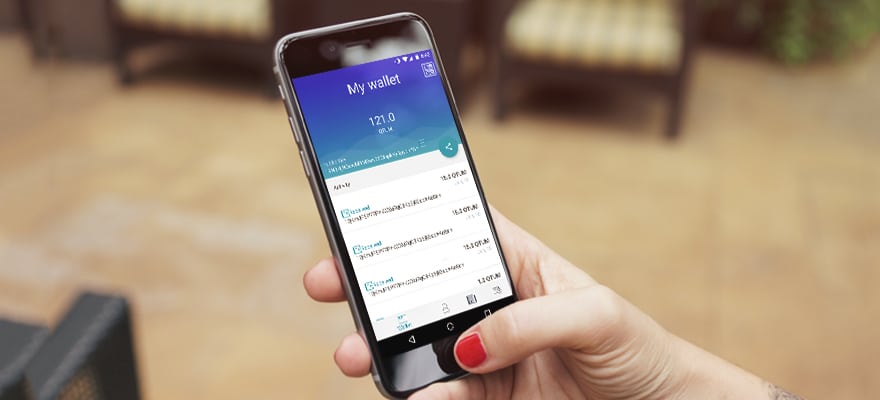Ahead of its planned $15 million crowdsale, Qtum revealed today that its platform will allow smart contracts and decentralized applications to function on mobile phones, tablets and Internet-of-Things (IoT) appliances.
The developers explain that in contrast to existing smart contract platforms, which require a full node and Blockchain copy to be present on a client app to execute decentralized applications, Qtum allows smart contract usage without having to install heavy, specialized software. With this, smart contracts can be used in low data storage environments, such as smartphones and IoT devices.
This is done by stacking the Ethereum Virtual Machine (EVM) on top of Bitcoin ’s unspent transaction output (UTXO) architecture. With this, the EVM is accessible with lite wallets. Lite wallets, utilizing the SPV protocol, allow users to interact with the bitcoin network and validate their own transactions, without having to download and sync with the entire blockchain.

Patrick Dai
Patrick Dai, CEO and co-founder of Qtum, commented: "Making smart contracts work on smartphones and tablets heralds a new age in the field of decentralized computation. With about half of all internet traffic being generated by mobile devices, every real-world use case for decentralized applications would massively benefit from mobile support – especially if we're taking the tendencies of developing markets into account."
Get smart
In addition to mobile support for decentralized applications, Qtum describes its platform as suited for business automation and the development of a blockchain-secured IoT, allowing existing “non-smart” hardware to be controlled and operated with smart contracts, without having to be augmented with specialized proprietary systems. Jordan Earlz, co-founder explains:
“Relying on existing Raspberry Pi-like devices already present in most standard appliances, Qtum smart contracts can potentially control any device with an accessible API. This way the interaction of “things” in a given business could be programmed and orchestrated with very little investment in specialized hardware.” Jordan Earlz, co-founder of the Qtum Project


















